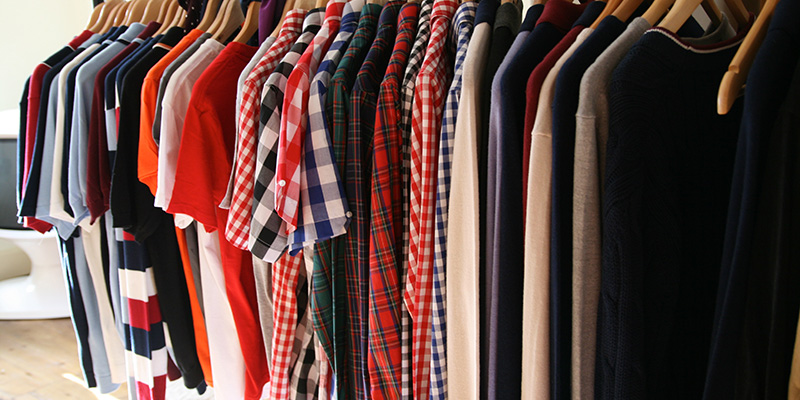
The recent geo political tensions, polarization and populism in a growing number of countries may impact world exports in clothing, stated International Apparel Federation President Han Bekke.
“This could easily lead to protectionism and import duties and with that it will not only affect the world exports in clothing (approx. US $ 450 billion), but also the position of many companies and workers worldwide,” said Han Bekke while addressing the China-Asia Textile Forum 2017 in Shanghai recently.
The Trans Pacific Partnership deal (TPP) was blown up by the US President, TTIP (EU-USA) is in the freezer, NAFTA (US-Canada-Mexico) might be renegotiated, CETA (EU-Canada) was signed but not after strong opposition at the end and we can only guess about the final effects of the Brexit, Bekke said. For sure this all lead to uncertainty for entrepreneurs, which is not a good business environment. Brands and retailers might start to change their sourcing in anticipation of higher import duties that may never come. In this way uncertainty will equal waste of resources.
The apparel industry is currently working under volatile global macro-economic conditions. The fashion market has become a very competitive market with high pressure on margins.
Also Read – Myanmar garment sector needs more employees
IAF is the world’s only truly global federation for apparel brands and retailers, manufacturers, their associations, and the supporting industry. Its membership is spread in over 60 countries representing over 200,000 companies and over 20 million employees






